Tunisia
More than 70 migrants are missing after a boat transporting them to Europe illegally sank off the coast of Sfax (central-eastern Tunisia).
Coast guard and navy units were able to save 24 out of the 100 who were on board according to Houcem Eddine Jebabli, spokesperson for the National Guard.
He said that the would-be migrants on board the stricken boat were "of different African and Asian nationalities".
"According to the first elements of the investigation, the inflatable boat had left the coast of Zouara in Libya during the night of 22 to 23 May with about one hundred people on board," he added, adding that only one body had been recovered.
On Tuesday, the Libyan navy announced that four migrants seeking to reach Europe illegally had died and three were missing after their boat sank off the coast of Mellitah, in western Libya.
The chaos that followed the fall of Muammar Gaddafi's regime in 2011 has made the North African country of Libya a preferred route for tens of thousands of migrants from sub-Saharan Africa, Arab countries and South Asia.
They seek to reach Europe via the Italian coast, which is about 300 km from the Libyan coast.
Several thousand of them are stranded in Libya, which is regularly criticised by NGOs for the ill-treatment of migrants.
Since the beginning of the year, 6,340 migrants have been intercepted and returned to Libya, according to a report by the International Organisation for Migration (IOM), published on Monday (May 23).
At least 129 people have died attempting the crossing and 459 are missing and presumed dead, according to the IOM.



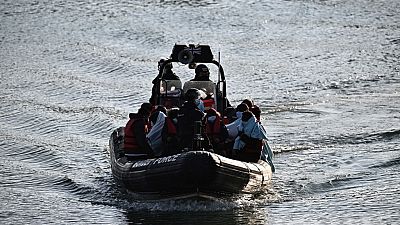

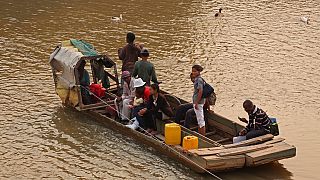
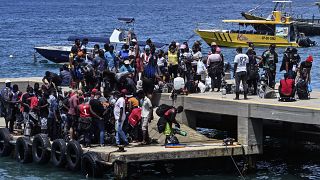




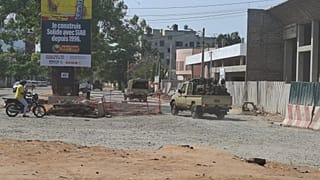
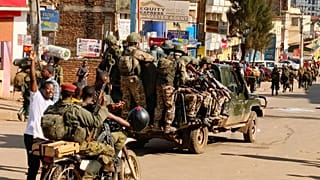
01:11
Malaria deaths, cases surged in 2024 with gains at stake - Report
00:59
Libyan commander faces ICC over alleged atrocities at Tripoli Prison
02:03
Mayor of Minneapolis rejects Donald Trump's comments against Somalis
01:14
Trump freezes all immigration applications from 19 countries
00:00
Pope Leo says he hopes to visit Africa in 2026 as he wraps up his first foreign trip
Go to video
ICC accuses Libyan prison commander of murder and sexual violence